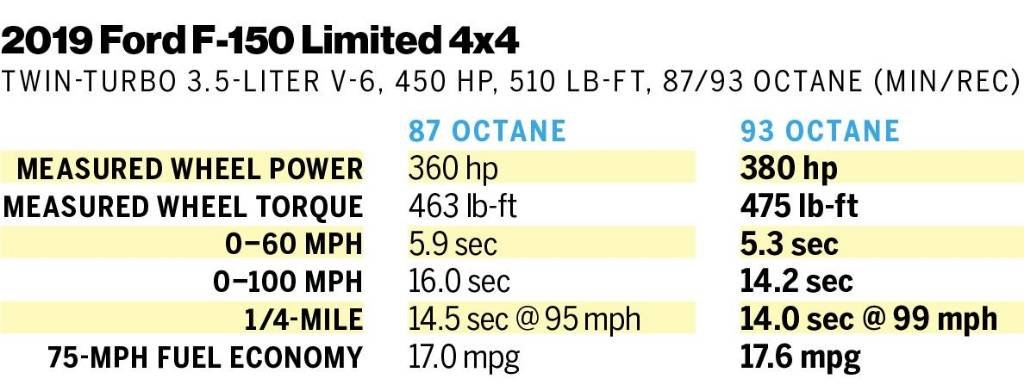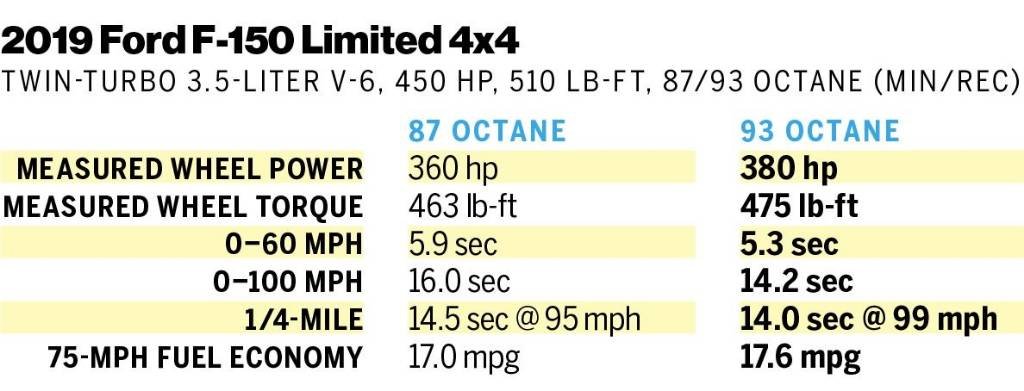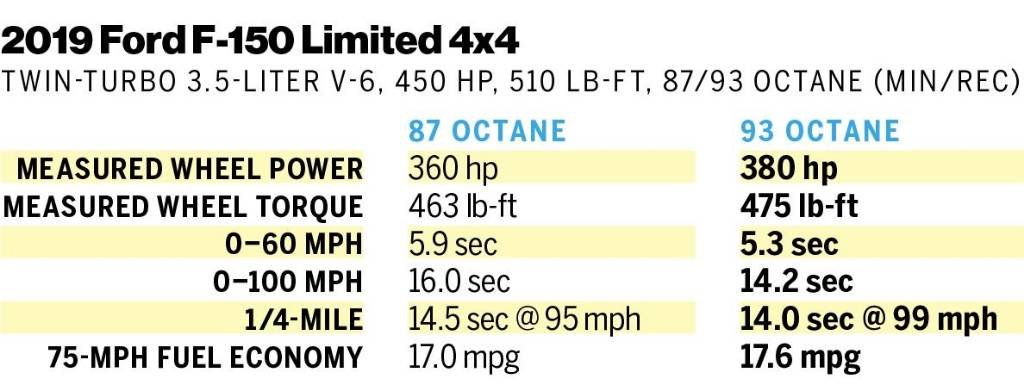Icecobra
FRF Addict
Changing oil at 1000 miles is a waste and detriment to your engine. Then you should ask why. Modern engines need to break in just like motors for the past 100 years. The break in now is different from motors over the years. You need time for everything to seat. Bearings piston rings, and more need the break in oil that was applied during assembly. Engineers plan that oil will be there for a specific amount of time to help seat everything properly. Motors are tested this way and then create an expected failure rate. That's what engineers do take all the information and crunch the numbers to create the longevity of the motor. Removing it too soon is removing the expected wear or break in of the motor. If it was better for an engine I assure you they would say we get a million miles between failures by changing oil every 3 000 miles. They would tell you if it did.




